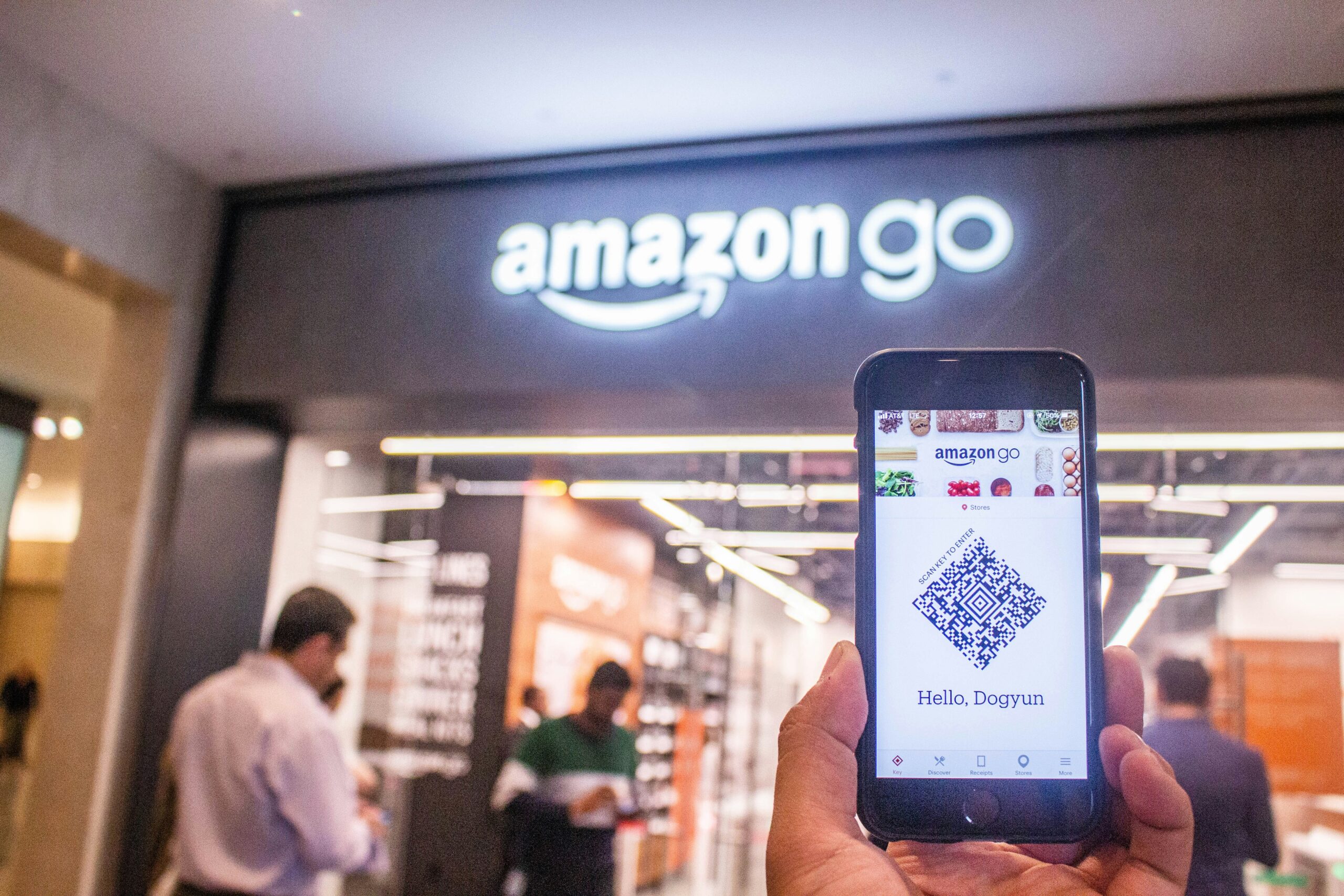Uzone.id – The E-commerce business has been on the rise in recent years and looks like it will grow even more rapidly in the future. This business has changed customer behavior, needs, and shopping trends in recent years. So what is the potential for e-commerce businesses in the next few years?
In 25 years, the e-commerce industry has generated more than $2 trillion in sales worldwide. With new technology, massive customization, policy evolution, and smart integration, this business can certainly be even bigger in the future. Plus, now consumers can combine online and offline sales procedures to make maximum use of this platform.
Over the past few years, e-commerce businesses have grown very rapidly. This has had a significant impact on traditional retail sales. According to a recent report, around 2.77 billion people are expected to shop online by 2025.
Business-to-business (B2B) e-commerce is also showing continued growth in 2023. Interestingly, customers today prefer e-commerce over shopping at physical stores just to avoid long queues and annoying traffic jams.
According to Statistica estimates, global e-commerce is projected to reach revenues of $17.5 trillion in 2027. This means that rapid growth and great potential are inevitable in this business. The increase in e-commerce is also believed to encourage economic growth, open up new business opportunities, and improve people’s quality of life.
Jacques van der Merwe a Senior Partner at McKinsey & Company believes that e-commerce can contribute up to 10 percent of global GDP by 2025.
“E-commerce is going to be a major force in driving economic growth in the coming years,” said Merwe.
As is known, e-commerce has diverse potential and is not only limited to the retail sector. Various digital transformation sectors are also predicted to become viable businesses, such as B2B e-commerce which connects business with business thereby opening up opportunities for collaboration and wider supply chain efficiency.
The new trend of e-commerce has been a game changer for both B2B and B2C companies. It is suspected that B2B e-commerce is surpassing B2C, and will soon surpass it. B2B e-commerce involves wholesale distributors selling goods to peer entrepreneurs.
Additionally, by using online sales portals, B2B minimizes the hassle of manual processes. This portal allows businesses to sell and distribute products from one business to another through online channels. However, B2B will increase your sales with a stronger online presence at a lower cost.
“The future of e-commerce is not only about B2C (Business-to-Consumer) but also about B2B (Business-to-Business) and C2C (Consumer-to-Consumer),” explained Jack Ma, Founder of Alibaba Group.
Then there is also Social Commerce which integrates social media with e-commerce platforms, allowing for easier and more personalized buying and selling transactions.
Finally, there is potential in Mobile Commerce to increase the use of handheld devices for online shopping. Mobile shopping has increased rapidly in recent years. Customers from all over the world intend to purchase products and services using their mobile phones or tablets. Online retailers are also adopting a mobile-first approach as mobile shopping increases. People tend to turn to their smartphones for online purchases.
Even though it has great potential, e-commerce also has several challenges that must be faced. Such as digital infrastructure gaps that are commonly found in several regions in the form of uneven internet access.
Not to mention that cyber security and consumer trust are also challenges for e-commerce. Considering that maintaining data security and consumer privacy is not easy, especially building trust in online transactions is also an important key.
Plus, currently, competition in e-commerce is getting tighter and innovations are continuously coming. This competition and innovation means that business actors must continue to innovate to provide an attractive shopping experience.














